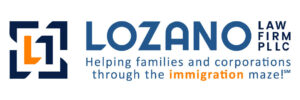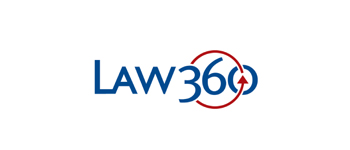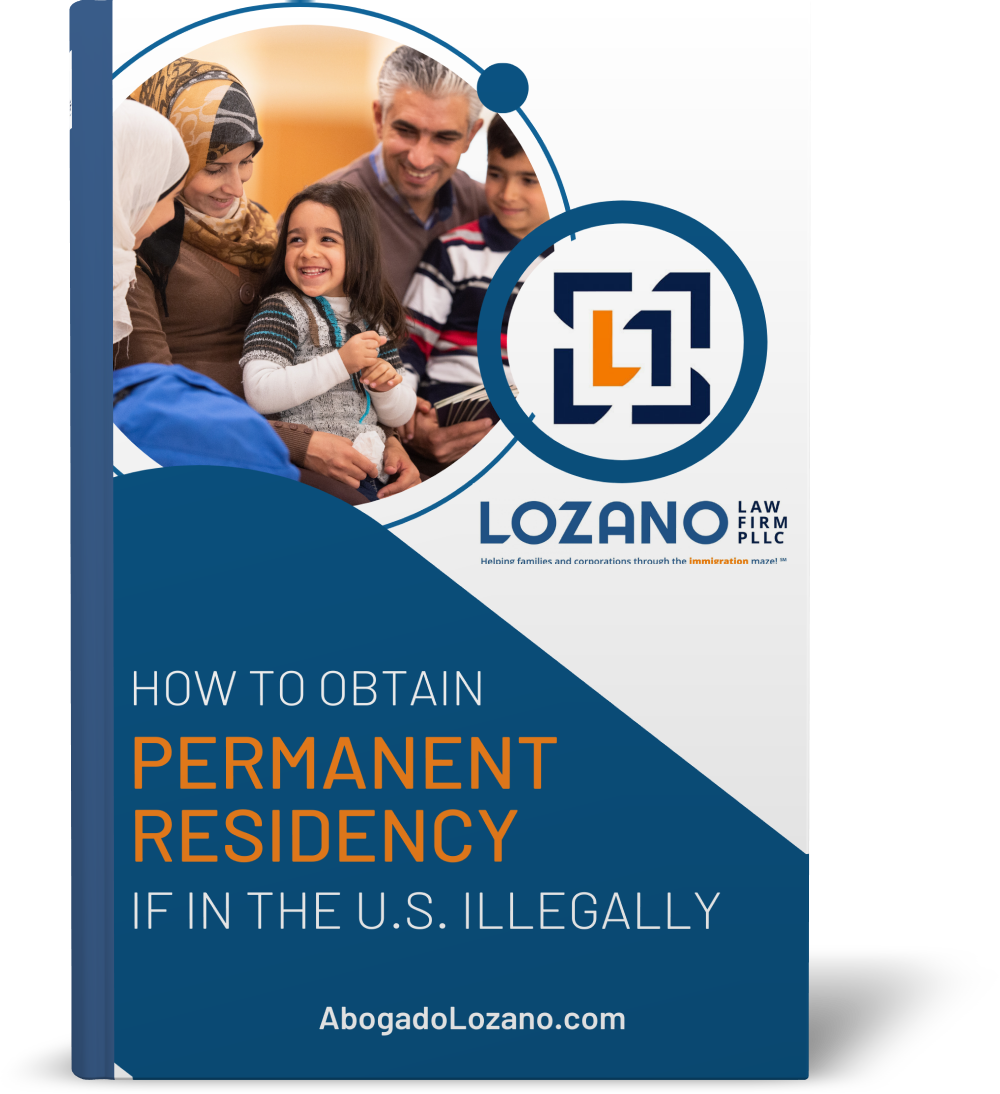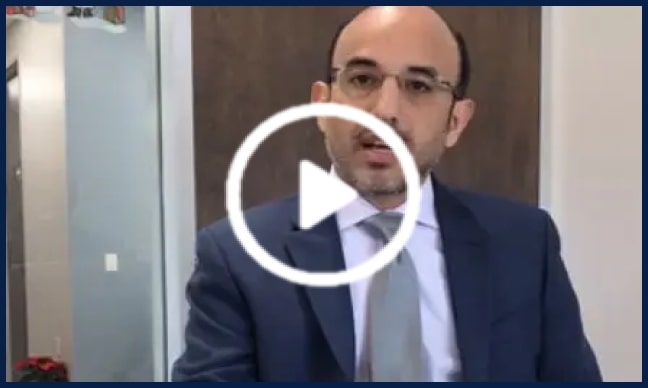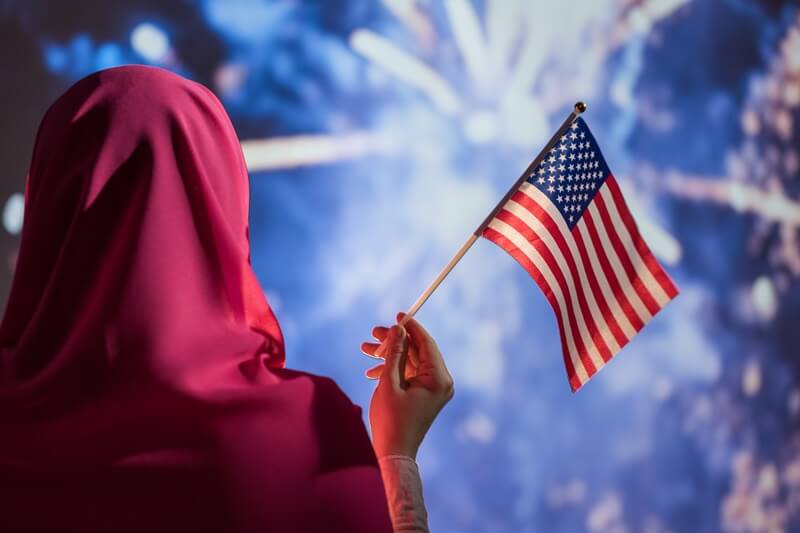Starting a business in the United States as a foreigner could be challenging, but the country has laws to streamline the process. Foreign entrepreneurs and business owners can penetrate the U.S. market through various Visa programs. The E-1 Treaty Trader Visa stands out as a route for businesspeople from nations with trade and navigation treaties with the United States. Understanding how it works is the first step in reaching your entrepreneurial plans overseas.
Explore the intricacies of this immigration document and the benefits of working alongside a seasoned E-1 Visa lawyer. You will discover why these legal professionals are vital resources for initiating your international trade goals.

 Their attention to detail and dedication make them the trusted choice for achieving your business immigration goals. With a team of skilled and compassionate attorneys by your side, you can confidently navigate the process’s intricacies. Work with them and embark on a path to business success in the United States.
Their attention to detail and dedication make them the trusted choice for achieving your business immigration goals. With a team of skilled and compassionate attorneys by your side, you can confidently navigate the process’s intricacies. Work with them and embark on a path to business success in the United States.

An E-1 Visa Lawyer Guides You Through Business Immigration
Expanding a business in countries like the United States presents opportunities and challenges. The possibilities are sky-high due to the large-scale market involved, but obstacles also arise since the business landscape is constantly changing. For foreign nationals trading with American firms, it’s not just about keeping up with new trends and technologies. The United States’ comprehensive business immigration laws also pose a challenge. However, with the assistance of an experienced treaty trader attorney, international businesspeople can find the support they need. With valid experience and a deep understanding of immigration law, these legal professionals provide personalized guidance tailored to each client’s unique situation. From initial consultation to final approval, they can help you navigate the complexities of the E-1 Visa process with precision and efficiency.Exploring The E-1 Nonimmigrant Classification
Nonimmigrant classification Visas are temporary Visas granted to individuals who wish to enter the country for a specific purpose and duration. The United States provides nonimmigrant categories like E Visas in the business landscape. One such Visa is the E-1 Nonimmigrant Classification, or Treaty Trader Visa, available to individuals from countries with treaties of commerce and navigation with the U.S. This is designed for individuals or companies engaged in substantial trade between the treaty country and the United States.Qualifications Of A Treaty Trader
To qualify for an E-1 Visa, you must meet specific requirements, including:- Nationality. You must be a citizen of a nation that maintains a treaty of commerce and navigation with the U.S.
- Ownership or Control. Ownership or control of the business engaged in the trade must also be established.
- Employment Capacity. You must hold a supervisory or executive position or have the required skills to run the trade enterprise. This ensures that the applicant has a significant role in directing and managing the trade activities between the United States and the treaty country.
- Substantial Trade. To be eligible, substantial trade must occur. This typically requires a continuous flow of sizable goods, services, or technology transactions between the two countries.
- Principal Trade. More than 50% of your international trade must be between the United States and the treaty country. The trade must be substantial and ongoing, and you must play a key role in facilitating and overseeing it.
Substantial Trade
As mentioned above, substantial trade involves significant goods, services, or technology transactions between the United States and the treaty country. You should demonstrate the following factors to qualify for the E-1 Visa category.- Volume & Frequency of Transactions. Substantial trade entails a significant volume and frequency of transactions. It could include the regular exchange of goods, provision of services, or technology transfer.
- Monetary Value of Trade. The monetary value of trade transactions should reflect a meaningful economic exchange between the parties involved. While no fixed threshold exists for what constitutes substantial trade, the transactions should be significant to the business’s overall operations.
- Evidence of Trade Activities. Documentation such as invoices, purchase orders, contracts, shipping records, and financial statements can provide tangible proof of substantial trade. They help substantiate the volume, frequency, and monetary value of trade transactions.
- Projected Growth and Expansion. You may also provide evidence of anticipated development and expansion in trade activities. Securing this shows your commitment to furthering the trade relationships with U.S. entities.
Principal Trade
Principal trade occurs when over 50% of the treaty trader’s international trade volume is between the two countries. Similar to substantial trade, there are some key aspects to consider when expounding on principal trade.- Quantitative Analysis. Principal trade involves analyzing the volume and frequency of trade transactions to determine whether most exchange activities occur between the United States and the treaty country. This analysis assesses the percentage of total trade conducted with the U.S. compared to other countries.
- Nature of Trade Activities. Principal trade encompasses various trade activities, including exchanging goods, services, or technology. You must demonstrate that the primary focus of their trade operations is maintaining business relationships with entities in the United States.
- Centrality of Trade Relationships. The core of trade connections with entities in the United States is critical in determining principal trade. Applicants should provide evidence of longstanding partnerships, significant business transactions, and continuous engagement with U.S. counterparts.
- Documentation and Evidence. Documentary evidence such as sales contracts, purchase orders, invoices, financial statements, and shipping records are crucial in substantiating the principal nature of trade activities. These documents provide tangible proof of the applicant’s business relationships and transactions with entities in the United States.
- Intent and Commitment to Trade. Treaty traders should demonstrate a genuine intent and commitment to continuously engaging in trade activities. Evidence of future trade plans, investment strategies, and business expansion initiatives can solidify the applicant’s request for Visa approval.
Benefits Of A Treaty Trader Visa
You can enjoy many advantages as a treaty trader in the United States. Understanding them provides insight into why the Visa is an attractive option for international entrepreneurs and businesses.Trade Opportunities
One primary benefit is its assistance in trade opportunities between the United States and treaty countries. Visa holders can enter the United States to engage in business activities without requiring a separate trade agreement or sponsorship. It generally streamlines the process of conducting international business transactions.Flexibility In Business Operations
You can enter and leave the United States freely for trade purposes. This allows Visa holders to establish and maintain business relationships, build networks, and explore new market opportunities without travel restrictions.Long-Term Stability
The potential for indefinite renewals of the E-1 Visa offers long-term stability for treaty traders and their businesses. Unlike other nonimmigrant Visas with strict time limitations, you can continuously extend your status if you continue to meet the requirements.Family Accompaniment
Your immediate family members, including your spouse and unmarried children under 21, can apply for derivative Visas. This allows your loved ones to also reside in the United States for the duration of your authorized stay. Family members may also attend school, obtain employment authorization, and access healthcare services in the United States.Potential Path To Permanent Residency
While the Treaty Trader Visa is under the nonimmigrant category, you may seek permanent residency in the United States through alternative immigration routes. You can become eligible for immigrant investor programs or other employment-based Green Card categories. With attractive rewards, it remains valuable for entrepreneurs and companies seeking to trade with the United States. Collaborating with seasoned legal professionals can help applicants effectively access these attractive benefits.Lozano Law Firm As Your Legal Partner
Immigration attorneys at Lozano Law Firm possess the skills and experience to identify the business immigration solution that suits your needs. With a seasoned team of immigration lawyers, the firm offers personalized guidance and competence tailored to your unique circumstances. They provide comprehensive support, from initial assessment to Visa issuance, to ensure a smooth and successful immigration journey. Their attention to detail and dedication make them the trusted choice for achieving your business immigration goals. With a team of skilled and compassionate attorneys by your side, you can confidently navigate the process’s intricacies. Work with them and embark on a path to business success in the United States.
Their attention to detail and dedication make them the trusted choice for achieving your business immigration goals. With a team of skilled and compassionate attorneys by your side, you can confidently navigate the process’s intricacies. Work with them and embark on a path to business success in the United States.
